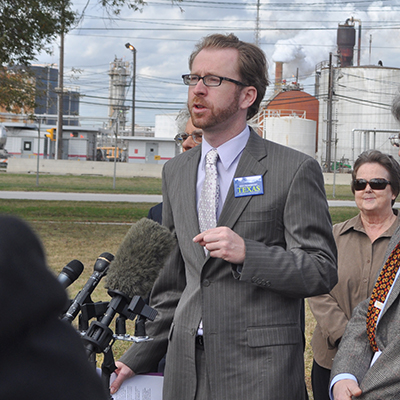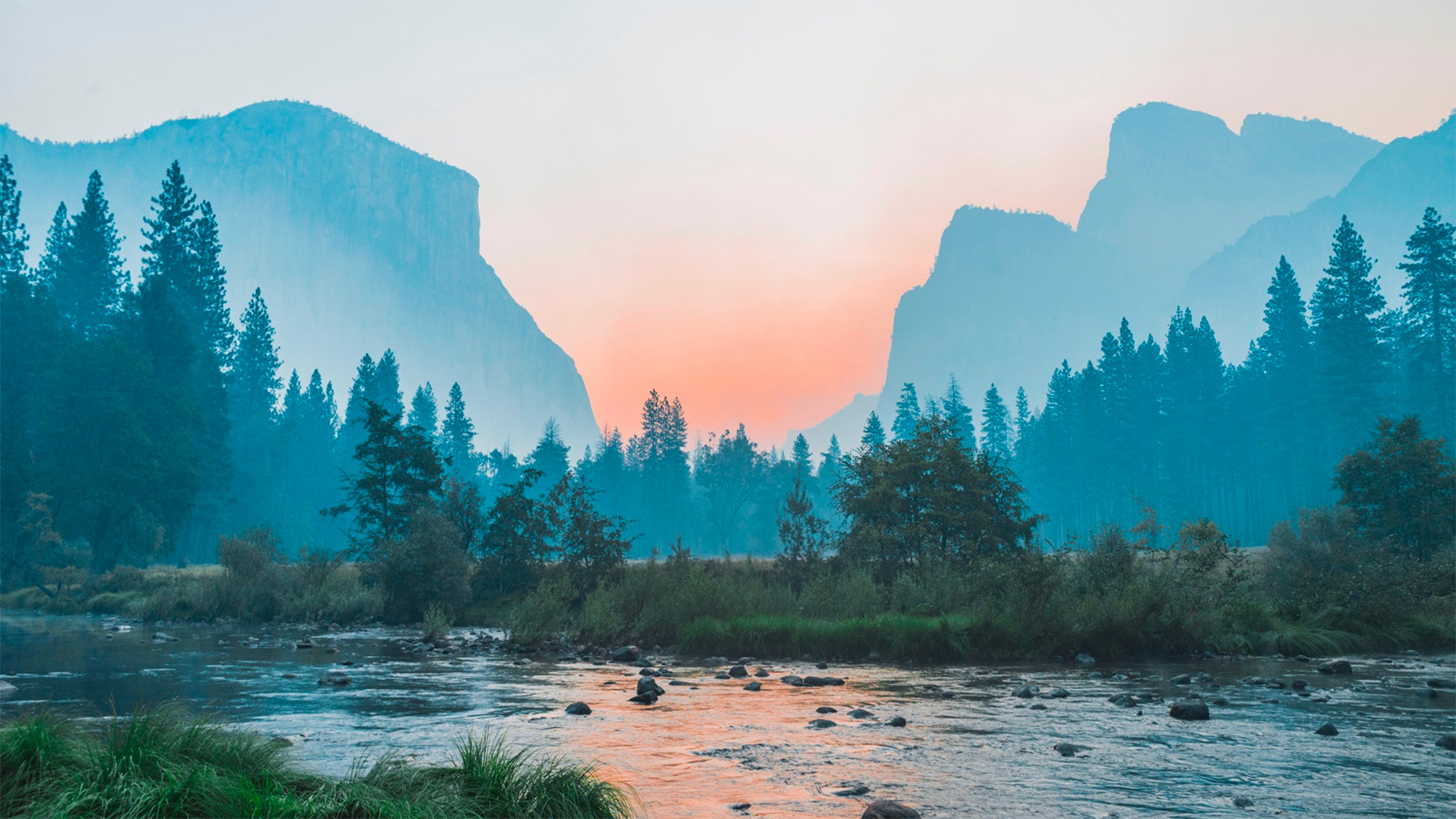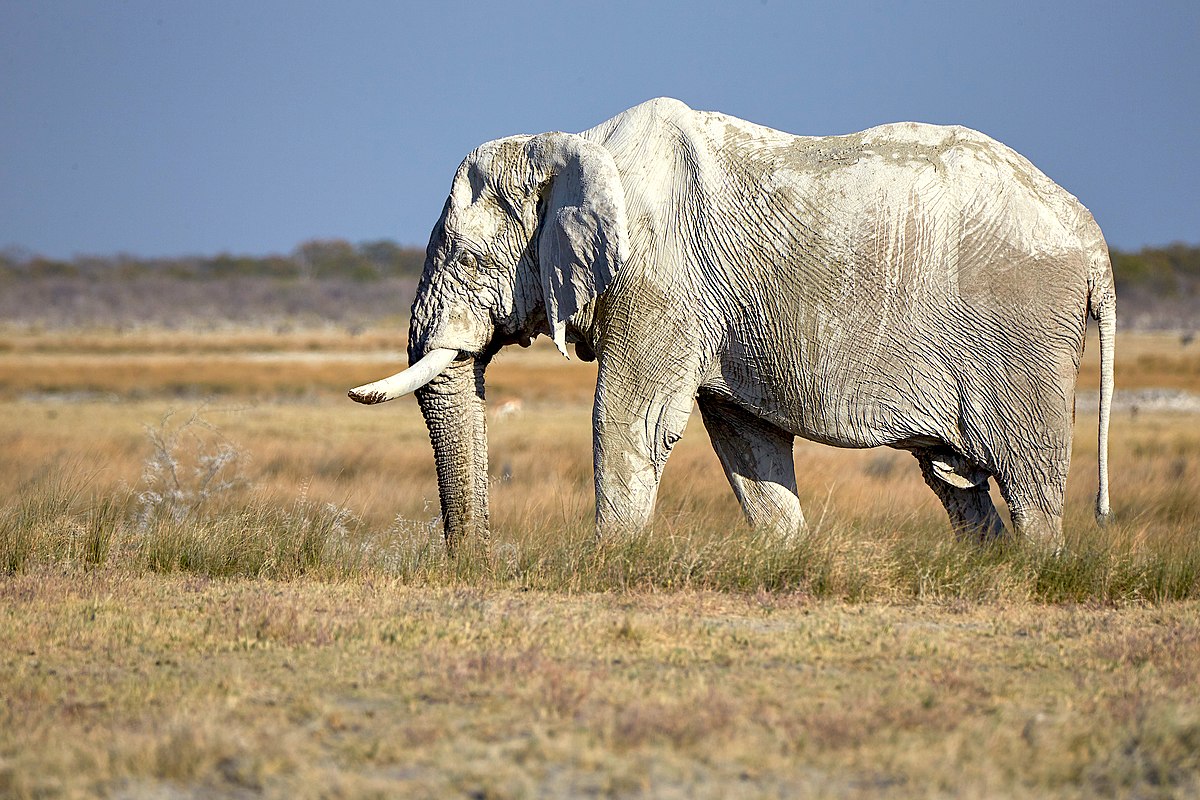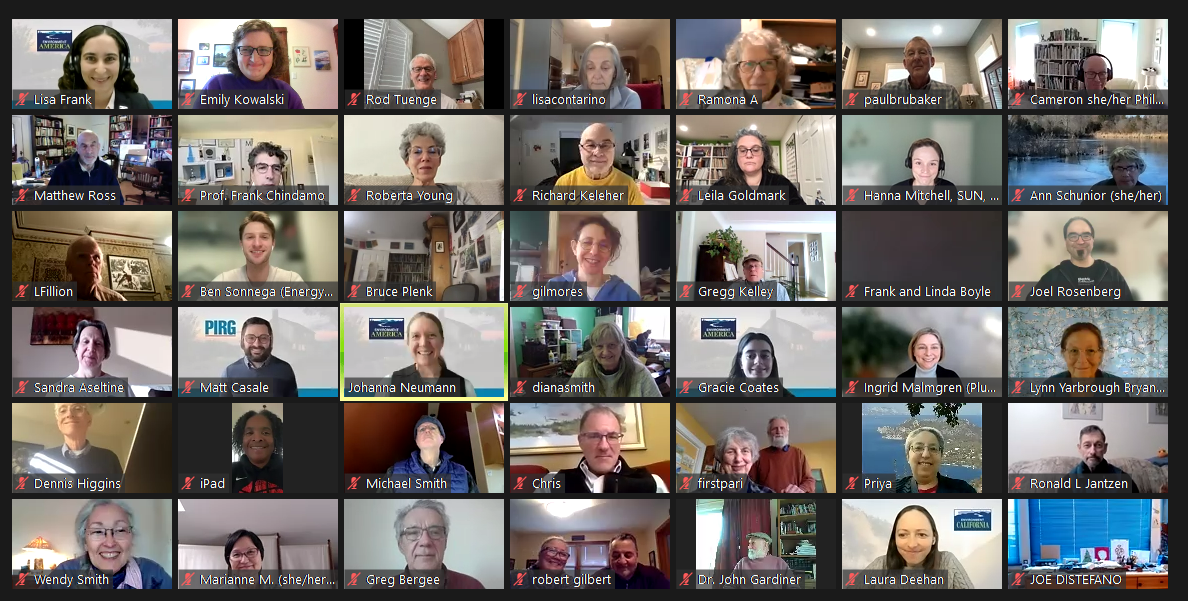
How the environment fared at the Texas Legislature (88th regular session)
Historic progress on state parks, setbacks for climate action

The 88th session ends today. Here is how some of the key bills impacting the environment ended up doing.
Parks and Conservation
State Parks Land Acquisition: SB 1648 and SJR 74 (Parker) establishes the Centennial Parks Conservation Fund. Thanks in part to the work of Rep. Armando Walle, the Legislature is investing $1 billion in the fund to help create new state parks. It’s a historic investment that will allow the Texas Parks and Wildlife Department to create dozens of new parks in the coming decades, huge wins for wildlife and for all of us who love the great outdoors. SB 1648 was signed by the Governor, while SJR 74 still needs approval by Texas voters this November.
Fairfield Lake State Park: Bills to stop the closure of Fairfield Lake State Park died, but the Texas Parks and Wildlife Department is taking “all necessary steps” to save the park, including still negotiating with Vistra and Todd Interests on a voluntary agreement to purchase the land as well as potentially initiating eminent domain proceedings.
Texas Land and Water Conservation Fund: HB 3165 (Holland) would fund local, state and private parks, conservation easements, and other natural resource conservation measures. It passed the House but died in the Senate.
Parkland dedication: HB 1526 (Harris/Hughes) limits the fees cities can assess developers to fund the creation of new local parks. Signed by the Governor.
Ashe juniper trees: HB 2239 (Troxclair) would have prevented cities from adopting protections for ashe juniper/cedar trees. The bill passed the House but died in the Senate.
Clean energy
Anti-renewable energy bills: While more than a dozen anti-renewable energy bills were filed this session, only a few ended up making it through the process. HB 1500 (Holland), the “PUC Sunset” bill, was amended to:
- add transmission costs to certain renewable projects (a less severe version of SB 1287)
- to require renewables to subsidize the construction of new fossil fuel plants (called “firming”) starting in 2027
- study making renewables pay higher “ancillary services” fees
- end the state’s renewable energy requirement (not very consequential since Texas hit that requirement long ago).
Some of the measures that would have been most harmful to renewables, including a proposed discriminatory permitting program, thankfully died. Signed by the Governor.
Energy efficiency:
SB 2453 (Menendez) allows the State Energy Conservation Office to adopt new statewide codes to make new buildings more energy efficient. Vetoed by the Governor.
Unfortunately, other important efficiency bills died, including SB 258 (Eckhardt), SB 114 (Menendez), and HB 4811 (Anchia) all died.
Offshore wind: HB 4734 (Lopez) would study the supply chain for the burgeoning offshore wind industry in Texas. The bill passed the House, but died in the Senate.
Geothermal energy: SB 786 (Birdwell) would transfer regulatory authority of closed-loop geothermal injection wells from TCEQ to the Railroad Commission, providing “certainty to potential operators seeking to produce geothermal energy.” Signed by the Governor.
Texas Commission on Environmental Quality
TCEQ Sunset: SB 1397 (Schwertner) reauthorizes the Texas Commission on Environmental Quality and makes very modest improvements to the agency. For example, in very rare circumstances, the TCEQ could issue fines as high as $40,000 per day (up from $25,000 per day). Signed by the Governor.
Pollution complaints: SB 471 (Springer) gives the TCEQ discretion to not inspect facilities when complaints are filed. Signed by the Governor.
Notifying legislators of pollution violations: SB 813 (Miles) would require TCEQ to alert legislators of major enforcement actions taken against polluters in their districts. Vetoed by the Governor.
Dairy polluters: HB 2827 (Burns) undermines the regulation of industrial size dairies and the protection of the Bosque River in Texas from pollution caused by those dairy operations. Passed the House, died in the Senate.
Concrete batch plants: SB 1399 would codify TCEQ’s “Protectiveness Review, the analysis the agency uses to evaluate the protectiveness of air quality permits. It would prescribe an updated Protectiveness Review every six years. S.B. 1399 would also require a standard permit to be renewed every six years rather than the current 10 years.” Vetoed by the Governor.
Subsidies for polluters
Chapter 313 renewal – HB 5 (Hunter) provides for abatements on school taxes for new manufacturing facilities. The bill allows polluting petrochemical and LNG plants to receive tax breaks, but excludes renewable energy and batteries from participation. Senate amendments made the program far less expansive, and more accountable, than its controversial predecessor, the “Chapter 313 program.” Signed by the Governor.
Subsidies for new gas power plants – SB 2627 and SJR 93 (Schwertner) provide low-interest loans for the construction of new methane gas power plants, at a potential cost of $10 billion. SB 2627 was signed by the Governor, while SJR 93 still need approval by Texas voters this November.
Preemption of municipal environmental laws
Super-preemption: HB 2127 (Burrows) is a sweeping bill which blocks cities from adopting regulations that go further than state law, including on environmental issues. Signed by the Governor.
Gas powered lawn equipment: SB 1017 (Birdwell), targeting efforts by Dallas and other cities to limit use of polluting, gas powered leaf blowers and other lawn equipment, prohibits cities from adopting bans on the sale of engines based on its fuel source. Signed by Governor.
Enforcement of oil and gas laws: HB 33 (Landgraf) prohibits “Texas state agencies and officials from assisting any federal agency or official with the enforcement of any federal act that purports to regulate oil and gas operations.” Signed by the Governor.
Greenhouse gas pollution: SB 784 (Birdwell) prohibits cities from regulating greenhouse gas emissions. Signed by the Governor.
Electric vehicles
EV Driver Fees:
SB 505 (Nichols) establishes a new $200 annual fee for drivers of electric vehicles (the first two years has to be paid upfront with $400). Signed by the Governor. More.
HB 3014 (Harris) waives emissions inspections for EVs. Signed by the Governor.
EV Charging Stations:
SB 1732 (Hancock) requires Tesla Superchargers to have adapters for non-Tesla vehicles and other stations to have adapters for Teslas by 2030. Signed by the Governor.
SB 1001 (Schwertner). Requires EV charging stations to be regulated by the Department of Licensing and Regulation to make sure they function properly. Signed by the Governor.
HB 821 (King) – allow state parks and other state lands to be leased for charging stations. Passed the House, died in the Senate.
Cryptocurrency
Eliminating subsidies for bitcoin mining: SB 1751 (Kolkhorst) would requires large bitcoin mines to register with ERCOT and bar them from receiving tax abatements or incentives from the state’s demand response programs. Passed the Senate, died in the House.
Transit
Project Connect: HB 3899 (Troxclair) will force the city of Austin to hold a new election to approve bonding authority to build the Project Connect light rail and transit plan. The bill died thanks to a parliamentary maneuver by Rep. John Bucy.
Anti-ESG
SB 833 (King) prohibits insurance companies from factoring in companies’ environment, social and governance (ESG) scores in their underwriting and ratemaking decisions. One insurance company representative testified that the bill would “throw into chaos the very essence of what we do.” Signed by the Governor.
Water
SB 28 (Perry) establishes the New Water Supply for Texas Fund to develop water supply projects that create new water sources for the state. Signed by the Governor.
HB 40 (Zwiener) amends the tax code to allow counties to exempt from taxation of the portion of the appraised value of a person’s property that is attributable to the installation in or on the property of a rainwater harvesting or graywater system. Passed the House, died in the Senate.
Topics
Authors
Luke Metzger
Executive Director, Environment Texas
As the executive director of Environment Texas, Luke is a leading voice in the state for clean air and water, parks and wildlife, and a livable climate. Luke recently led the successful campaign to get the Texas Legislature and voters to invest $1 billion to buy land for new state parks. He also helped win permanent protection for the Christmas Mountains of Big Bend; helped compel Exxon, Shell and Chevron Phillips to cut air pollution at four Texas refineries and chemical plants; and got the Austin and Houston school districts to install filters on water fountains to protect children from lead in drinking water. The San Antonio Current has called Luke "long one of the most energetic and dedicated defenders of environmental issues in the state." He has been named one of the "Top Lobbyists for Causes" by Capitol Inside, received the President's Award from the Texas Recreation and Parks Society for his work to protect Texas parks. He is a board member of the Clean Air Force of Central Texas and an advisory board member of the Texas Tech University Masters of Public Administration program. Luke, his wife, son and daughters are working to visit every state park in Texas.
Find Out More

Top 10 wins for Texas’ environment in 2022

Renewable Energy and Conservation: Is there an elephant in the room?

A look back at what our unique network accomplished in 2023



